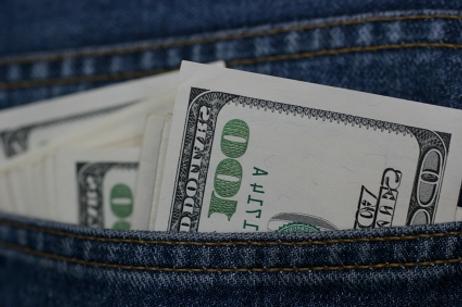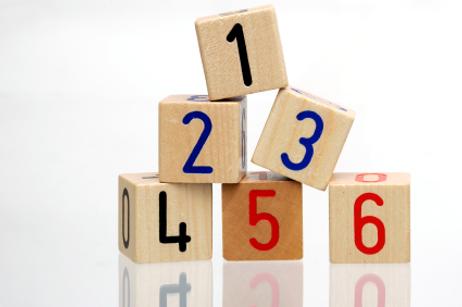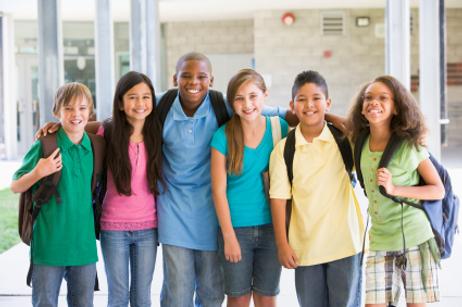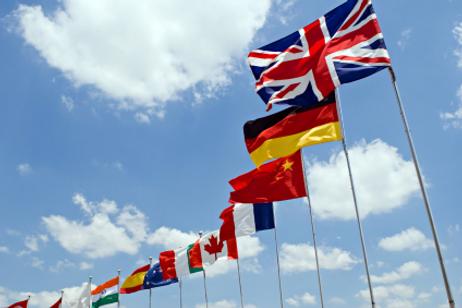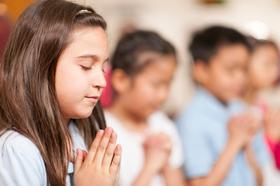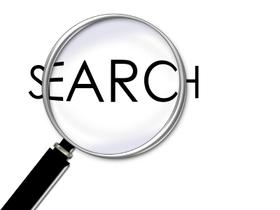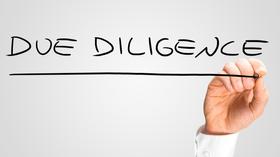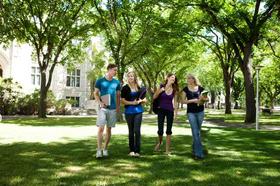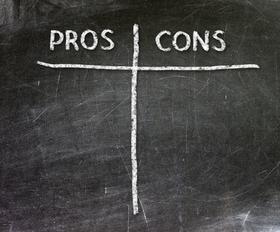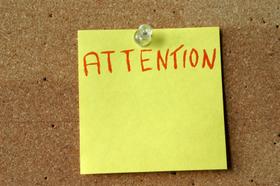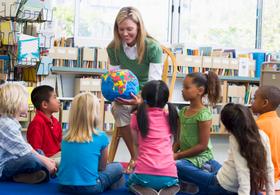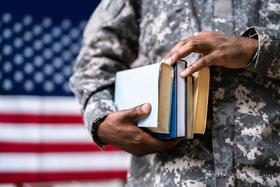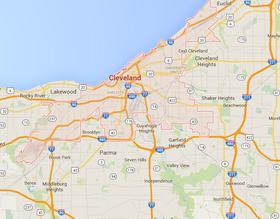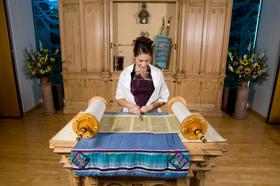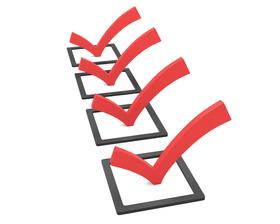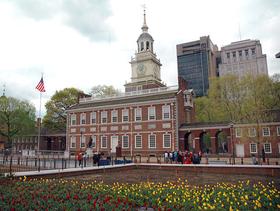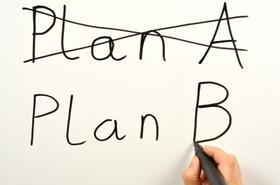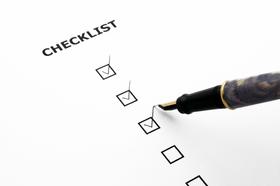Sooner or later you ought to consider a single sex school as opposed to a traditional coeducational school. Why? For several reasons. First of all, coeducational schools have only become 'traditional' or commonly accepted in the last several decades. Private education has its roots in single sex education, both in this country and in England.
Indeed, if you look at the history of most of the legendary prep schools in America, you are likely to find that they began as a single sex institutions. For example, Phillips Academy Exeter began as a boys' school. It only began admitting girls in its summer sessions in 1961 which was fifteen years after it dropped the two year Latin requirement - horrible dictu! It would be another nine years before Exeter admitted girls in its regular sessions.
So, what's really happening here? American private schools like Exeter have always pretty much mirrored the society which they seek to serve. Back in the late 1700's and early 1800's when many of these schools got their start, educating girls was not considered as important as educating boys. Those views changed over the centuries as the young republic grew and matured. So did views about education. In the 1960's and '70's single sex schools gradually fell out of fashion. In order to survive, some boys' and girls' schools merged to form coeducational schools. Others, like Exeter, saw the handwriting on the wall and moved with the times by admitting girls.
In the 21st century


